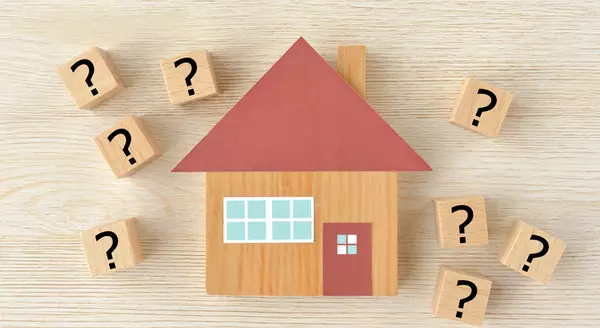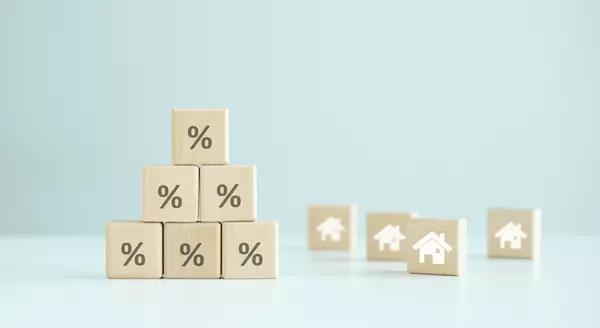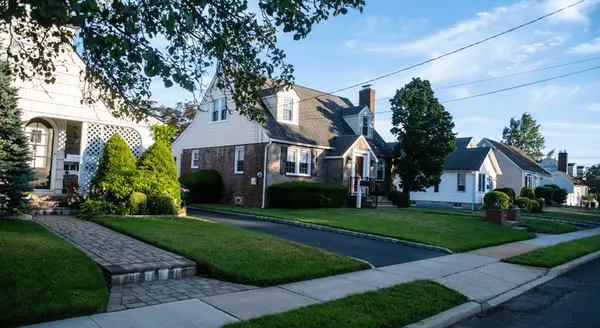
Why There Won’t Be a Recession That Tanks the Housing Market
There’s been a lot of recession talk over the past couple of years. And that may leave you worried we’re headed for a repeat of what we saw back in 2008. Here’s a look at the latest expert projections to show you why that isn’t going to happen. According to Jacob Channel, Senior Economist at Lendin

What To Know About Credit Scores Before Buying a Home
If you want to buy a home, you should know your credit score is a critical piece of the puzzle when it comes to qualifying for a mortgage. Lenders review your credit to see if you typically make payments on time, pay back debts, and more. Your credit score can also help determine your mortgage rate.
![The First Step: Getting Pre-Approved for a Mortgage [INFOGRAPHIC],KCM Crew](https://img.chime.me/image/fs/chimeblog/20240302/16/w600_original_f55e3e9c-2a8c-46cc-be52-d3aa97707629-png.webp)
The First Step: Getting Pre-Approved for a Mortgage [INFOGRAPHIC]
Some HighlightsIf you’re looking to buy a home in 2024, getting pre-approved is a key piece of the puzzle. Mortgage pre-approval means a lender checks your finances and decides how much you’re qualified to borrow.As more buyers re-enter the market, it’ll help you make a strong offer that stands out
- 1
- 2
- 3
- 4
- 5
- ...
- 26
Recent Posts









